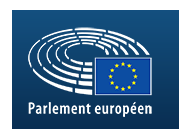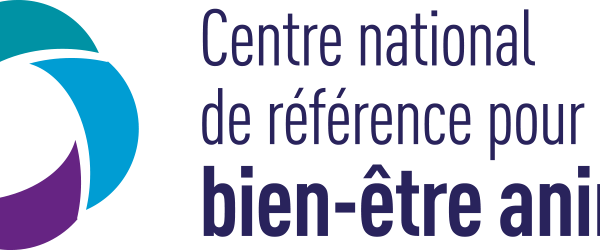Document type: Written answer from the European Commission
Authors: question: Annika Bruna (ID), Aurelia Beigneux (ID), Virginie Joron (ID). Answer: Ms Kyriakides on behalf of the European Commission.
Question (translation from French): Each year, the EU exports three million live animals to the Maghreb and the Middle East by sea, in the most dreadful conditions.
Animals spend hours travelling by lorry before they are boarded onto waste ships – which represent a serious safety risk – for journeys lasting anywhere between two and ten days. They are left dehydrated, underfed and have to endure extreme temperatures, to the point that some die during the crossing. The animals are transported live specifically so that they do not have to be refrigerated, as do carcasses.
Worse still, vessels sometimes capsize with their live cargo on board. In November 2019, the Queen Hind capsized off the coast of Romania, resulting in the drowning of 15 000 sheep.
In order to enforce the rules for carrying live animals by sea:
- Does the Commission plan to tighten controls to ensure that vessels transporting animals comply with maritime safety standards?
- Does the Commission plan to tighten controls of exporters to ensure that they comply with European standards, at least until the animals are unloaded?
Answer in English (original): All maritime transport vessels calling to EU ports are subject to port State control. This includes livestock vessels. The accident incident referred to here is currently being investigated by the Romanian Marine Accidents Investigation Department in accordance with EU legislation.
To reinforce the controls that guarantee animal welfare during sea transport, the Commission is working on an initiative to incorporate an animal welfare module in the THETIS database of the European Maritime Safety Agency that would allow recording of the inspection results in a unique EU database. This project should enable the establishment of a specific checklist harmonising official controls for animal welfare on livestock vessels across the EU and is expected to improve the quality of controls carried out by the Member States.
The Commission continues to work on controls to guarantee animal welfare inside and outside its borders together with the Member States, which are primarily responsible for the implementation and enforcement of EU legislation.
The Commission will continue to monitor exports of live animals and take all the necessary measures within the boundaries of its competence in order to improve the implementation of the EU legislation. In strengthening the implementation of international animal welfare standards, the Commission is working closely with the World Organisation for Animal Health in order to develop a network of contact points dedicated to animal transport in third countries. The Farm to Fork Strategy will also address key animal welfare issues and initiate actions, were necessary, including on animal transport.




